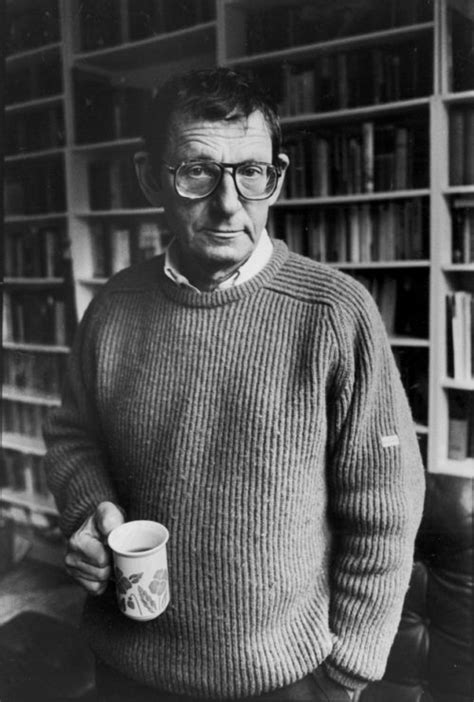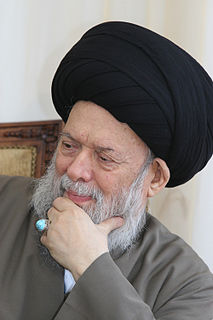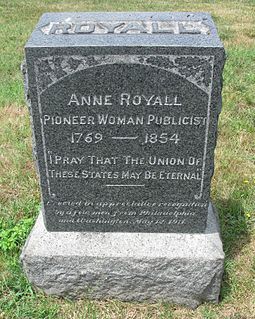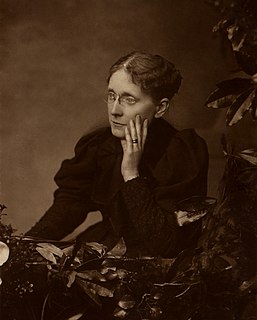A Quote by Charles Bradlaugh
The ameliorating march of the last few centuries has been initiated by the heretics of each age, though I concede that the men and women denounced and persecuted as infidels by the pious of one century are frequently claimed as saints by the pious of a later generation.
Quote Topics
Related Quotes
Although we tend to think about saints as holy and pious, and picture them with halos above their heads and ecstatic gazes, true saints are much more accessible. They are men and women like us, who live ordinary lives and struggle with ordinary problems. What makes them saints is their clear and unwavering focus on God and God's people.
What is the spirituality we need for the 21st century? We face a choice: to retire from this fray into some marshmallow paradise where we can massage away the heat of the day, the questions of the time, the injustice of the age, and live like pious moles in the heart of a twisted world. Or, we can gather our strength - our spiritual strength - for the struggle it will take to wake up from this pious sleep.
In Jerusalem, the various modes of worship essentially stood for the same cause but were equally hateful to one another. They never served as a unifying factor. Their adherents were equally manipulated by the clergies to regard the others as wicked infidels or idolaters. The centuries passed in constant pious agitation and in frequent religious wars.
But, irreverently consorting with these grave, reputable, and pious people, these elders of the church, these chaste dames and dewy virgins, there were men of dissolute lives and women of spotted fame, wretches given over to all mean and filthy vice, and suspected even of horrid crimes. It was strange to see that the good shrank not from the wicked, nor were the sinners abashed by the saints.
There are occasions on which it is noble to dare to stand alone. To be pious among infidels, to be disinterested in a time of general venality, to lead a life of virtue and reason in the midst of sensualists, is a proof of a mind intent on nobler things than the praise or blame of men, of a soul fixed in the contemplation of the highest good, and superiour to the tyranny of custom and example.
I am not religious, but I am a pious man... A religious man has a definite religion. He says "God is there" or "God is there," "God is there." "Your god is not my god, and that's all." But the pious man, he just looks out with awe, and says, "where is God?" And "well, I don't understand it and I would like to know what this creation really means." That is a pious man, who is really touched by the greatness of nature and of the creation.
Without self-knowledge you have no root in yourselves personally; you may endure for a time, but under affliction or persecution your faith will not last. This is why many in this age (and in every age) become infidels, heretics, schismatics, disloyal despisers of the Church. They cast off the form of truth, because it never has been to them more than a form. They endure not, because they never have tasted that the Lord is gracious; and they never have had experience of His power and love, because they have never known their own weakness and need.
The life of Islamic philosophy did not terminate with Ibn Rushd nearly eight hundred years ago, as thought by Western scholarship for several centuries. Rather, its activities continued strongly during the later centuries, particularly in Persia and other eastern lands of Islam, and it was revived in Egypt during the last century.






































